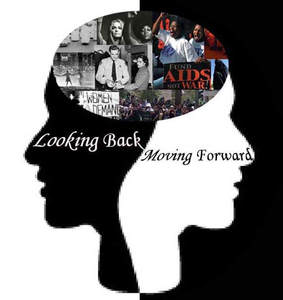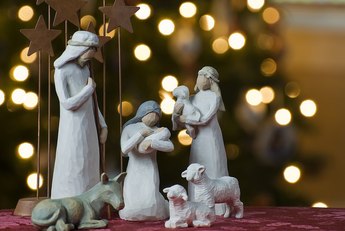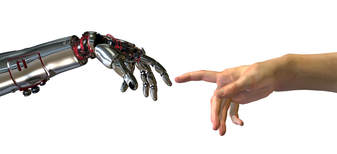
January is reminiscent of the Roman God Janus who was associated with beginnings, doorways, transitions and therefore endings. Because of this he’s often depicted as having two faces, looking to the future and to the past. For many people, especially as we get older, the New Year is a time of nostalgia, remembering past times but particularly those we have loved, and indeed still love, who have died or departed in some way. We carry them with us but moments like New Year celebrations can bring the pain of their loss to the fore. Hard as this grief can be it’s a sign of enduring love, something to be thankful for.
It’s good to look back and give thanks for the good things that have happened to us and please God there have been good things. High up on my list will be friends and the many instances and signs of friendship and support that they give me. Without them this journey through life would be much more difficult. I’m grateful too to have some kind of service within the world of interfaith which gives me a sense of contributing to society in a small way and health and well-being that allows me to enjoy this and many other aspects of my life. In spite of much of the negativity that we hear in the news there’s much to be grateful for in our world today.
Iain Macwhirter, the political editor with a Scottish newspaper, The Herald, recently acknowledged that many good news stories never get attention in the press. He set out some of the good things that have happened and perhaps been missed: extreme poverty has fallen by 70% and the UN has announced that extreme poverty should be eradicated within the next decade; the number of terrorist atrocities has fallen massively in the past forty years and is in decline across the world; the UN has adopted the Treaty on the Prohibition of Nuclear Weapons, a great result for the Nobel Prize Winning International Campaign to Abolish Nuclear Weapons, ICAN; the move to renewable energy rather than fossil fuels. Last year 54% of Scotland’s gross electricity consumption was produced by renewable energy. All this is good news and a sign of hope that things can and do change. In our own small worlds there are also signs of hope. I’ve always been taken by the idea of kingdom spotting – that is looking for signs of the Kingdom of God around us – courage, determination in the face of difficulties, justice, compassion, service, love, struggle to be the best we can be. There are lots of examples of people recycling, caring for sick and aged relatives, caring for children and those with disabilities of all sorts, campaigning for justice and simply living a good, wholesome life in their families and among their friends and neighbours. There’s a lot of good out there if we have eyes to see it.
But it’s not perfect by any manner of means. There’s much still to be done on an international scale as well as a local and personal one. This, I suppose, is where New Year resolutions come in. I’m not too keen on them as they’re usually difficult to keep and can become a burden, especially if they are associated with things like losing weight, doing more exercise after the festivities of Christmas. What I am keen on is looking to the future and realising that we can play our part in the future of our world and our planet – not so much by setting ourselves specific goals but by changing our mind set and way of looking at life. I would want myself and all of us to realise that this world will unfold as a result of our choices and actions, that we hold in our hands the future of our race and our planet, that we can offer one another and creation the gift of loving kindness which recognises that we are all brothers and sisters and that the well-being of one affects the well-being of all. The choice is ours. Will we, as Rabbi Rami Shapiro asks in his book, The Sacred Art of Lovingkindness,
“ engage this moment with kindness or with cruelty, with love or with fear, with generosity or scarcity, with a joyous heart or an embittered one?
The Rabbi tells us that this is our choice and that no one can make it for us. If we choose kindness, love, generosity, and joy, he says, then we will discover in that choice the Kingdom of God, heaven, nirvana, this-worldly salvation. If we choose cruelty, fear, scarcity, and bitterness, then we will discover in that choice the hellish states of which so many religions speak …...Heaven and hell are both inside of us.
It is our choice that determines just where we and our world will reside.




 RSS Feed
RSS Feed
